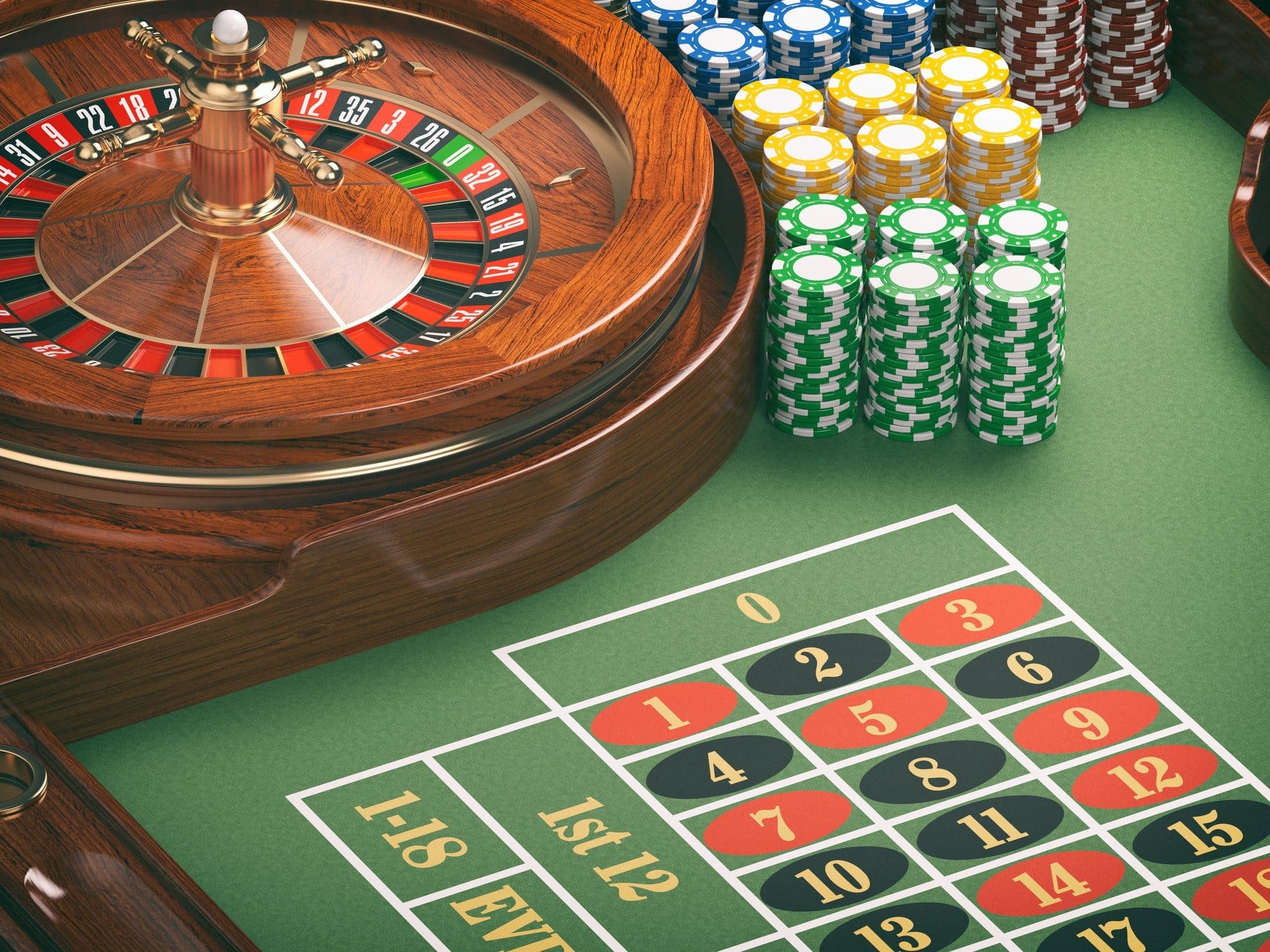
Gambling in casinos has long been a subject of fascination and controversy, drawing in millions of players globally. đá gà thomo With a blend of luck, strategy, and the excitement of uncertainty, casino games offer an exhilarating escape from everyday life. However, as entertainment becomes ever more available, it calls for a more thorough examination of the morality surrounding these games.
At the heart of the discussion lies the issue of whether casinos promote responsible gaming or exploit at-risk individuals. The allure of potential winnings versus the truth of losses can create a challenging dynamic, and understanding this balance is essential for both players and operators. As we delve into the morals of casino gaming, we will explore the responsibilities of casinos, the effects on society, and the steps that can be taken to foster a healthier gaming environment.
The Impact of Casino Gaming on Society
Gambling in casinos has a notable influence on societal dynamics, affecting not only the financial landscape but also interpersonal dynamics and local frameworks. The revenue generated from casinos can lead to job creation and boost local economies, as they provide multiple employment opportunities in different sectors including hospitality, entertainment, and retail. However, while the economic advantages can be significant, communities often grapple with the potential negative impacts that arise from higher gambling activity.
Moreover, the presence of casinos can lead to an increase in gambling addiction, presenting serious challenges for players and families. The thrill of casino games can quickly transform into a habitual habit, affecting connections with others and leading to monetary issues. Many individuals may find it difficult with the loss of control over their gambling behaviors, resulting in a need for assistance programs and help to address this growing issue. The social cost of addiction can ripple through families and neighborhoods, creating an urgent need for responsible gaming initiatives.
In addition to the economic and social ramifications, casino gaming often showcases cultural attitudes towards risk and entertainment. It can foster a sense of excitement and leisure, attracting tourists and boosting tourism. However, this allure may also conceal the wider implications of gambling as a form of entertainment, raising ethical questions about its advertisement and accessibility. As communities weigh the advantages and drawbacks of casino gaming, the need for responsible practices and oversight becomes increasingly critical in ensuring that the beneficial elements are maximized while reducing the potential harms.
Ethical Concerns in Betting Practices
The ethics of gambling operations often revolve around the potential for addiction and its consequences on people and families. Betting can lead to significant financial distress, impacting not only the gamblers but also their families. As people become entrapped in the appeal of winning, many lose sight of their financial limits, which can result in devastating outcomes such as insolvency. This poses moral questions about the responsibility of gambling establishments in promoting safe gambling habits and offering support for those who may be dealing with betting addiction.
Another critical issue is the promotion of betting to vulnerable groups. Gambling establishments often aim at low-income individuals or communities with the promise of quick gains, which can continue patterns of poverty and despair. In this context, the ethics of marketing strategies used by gambling establishments come under scrutiny, as they may exploit the desperation of individuals seeking an escape from economic troubles. This manipulation raises ethical questions about the integrity of the gambling industry and its obligation to protect its most vulnerable customers.
Additionally, the impact of gambling gaming on the community as a whole cannot be overlooked. While some argue that casinos create jobs and boost local economies, others point to the social costs associated with problem betting, increased crime rates, and a burden on public resources. Balancing financial advantages with the potential for community issues presents a complex ethical dilemma for lawmakers and casino operators alike. The difficulty lies in discovering a responsible approach that prioritizes the well-being of individuals and society while still permitting for the pleasure of gambling gaming.
Oversight System and Obligations
The oversight structure surrounding gambling activities is designed to ensure equity, honesty, and participant safety. Various government agencies and gambling commissions create and apply regulations that dictate how gaming games operate, the guidelines for product design, and the processes for handling rewards. These regulations change by jurisdiction but commonly involve permit requirements for operators and strict measures to stop deception and fraud.
In furthermore to regulatory bodies, gaming businesses bear significant duty in maintaining principled standards within their establishments. They must implement ethical player practices that promote player security and education, including offering self-exclusion options and offering information about the dangers connected to betting. Casinos are also responsible for instructing staff to spot signs of problem gaming and know the appropriate measures to assist customers in trouble.
Furthermore, clarity in casino operations is essential for gaining and maintaining public confidence. Operators should offer clear details about the probabilities of activities, promotional opportunities, and any connected dangers. By fostering an environment of transparency and responsibility, casinos can help reduce the possible negative impact of betting while improving the general gaming experience for all players.